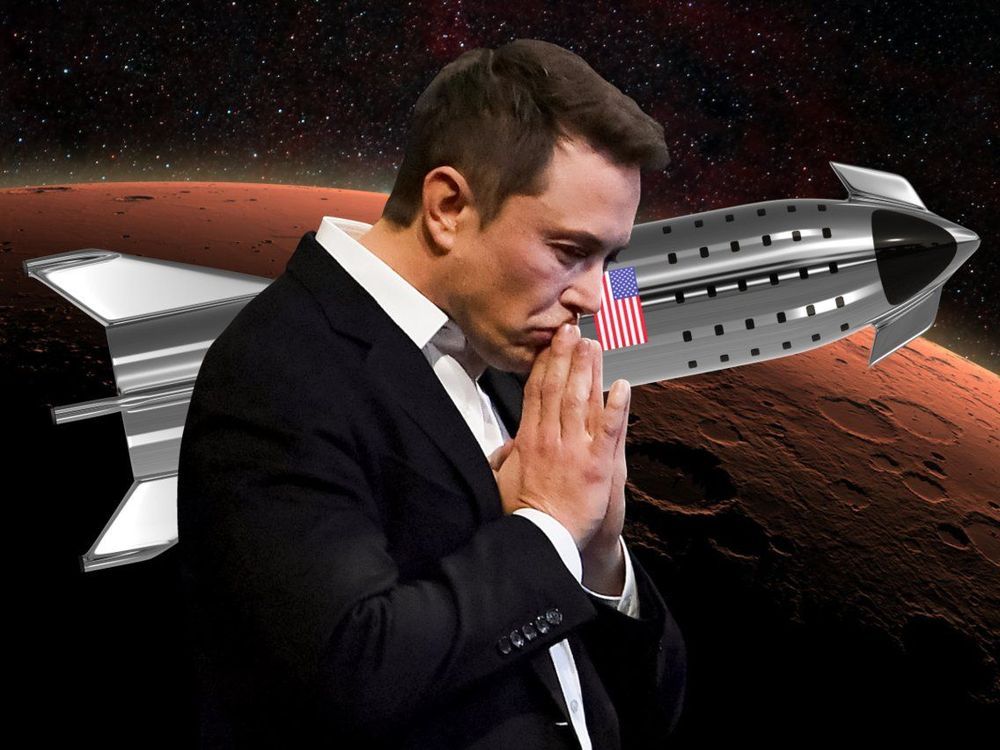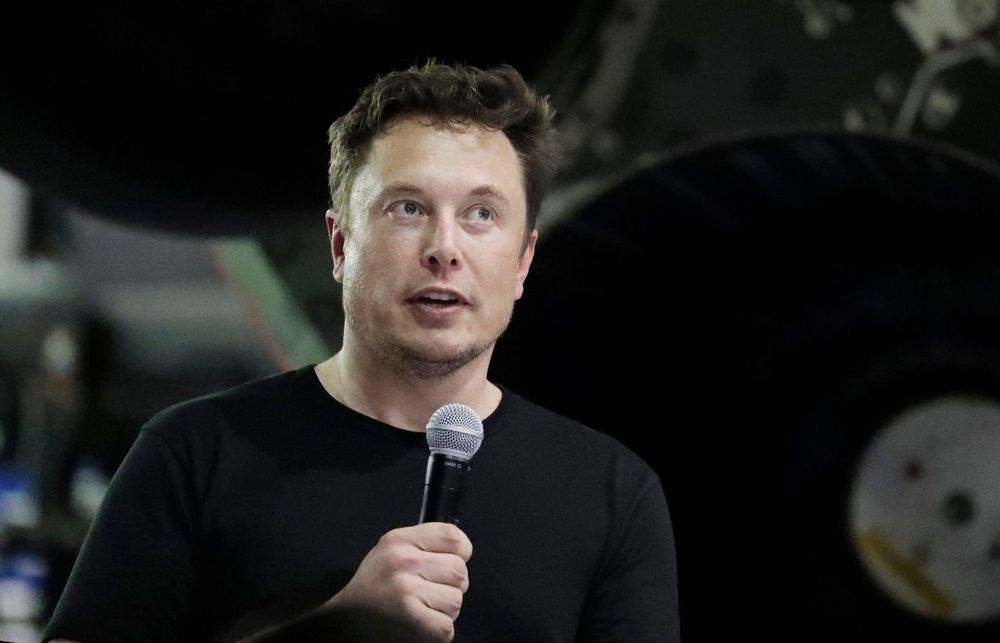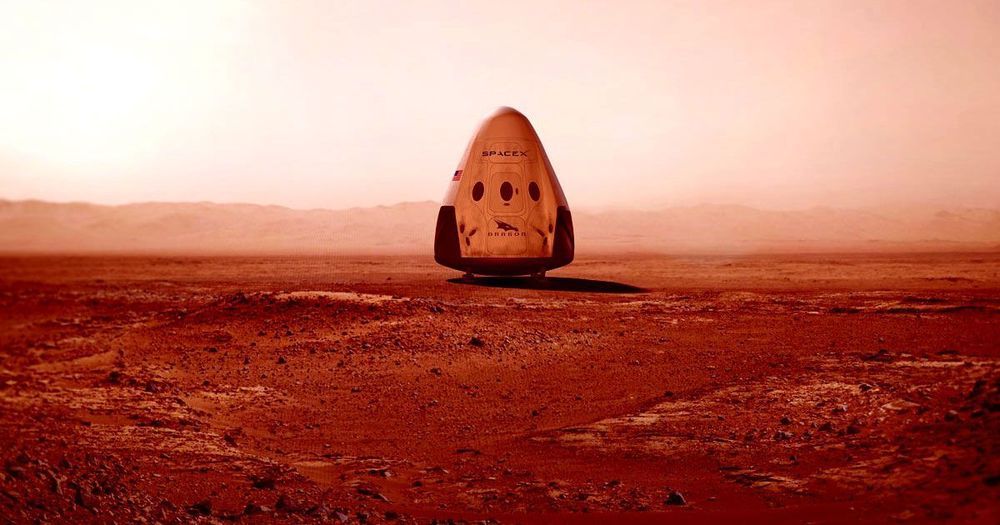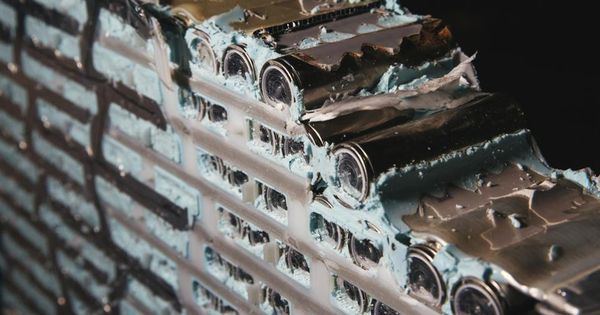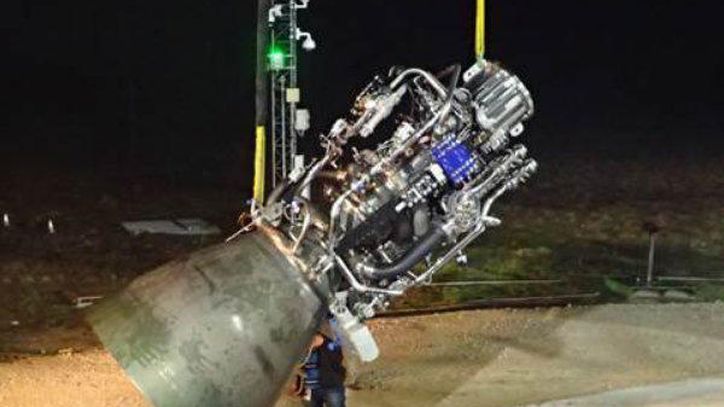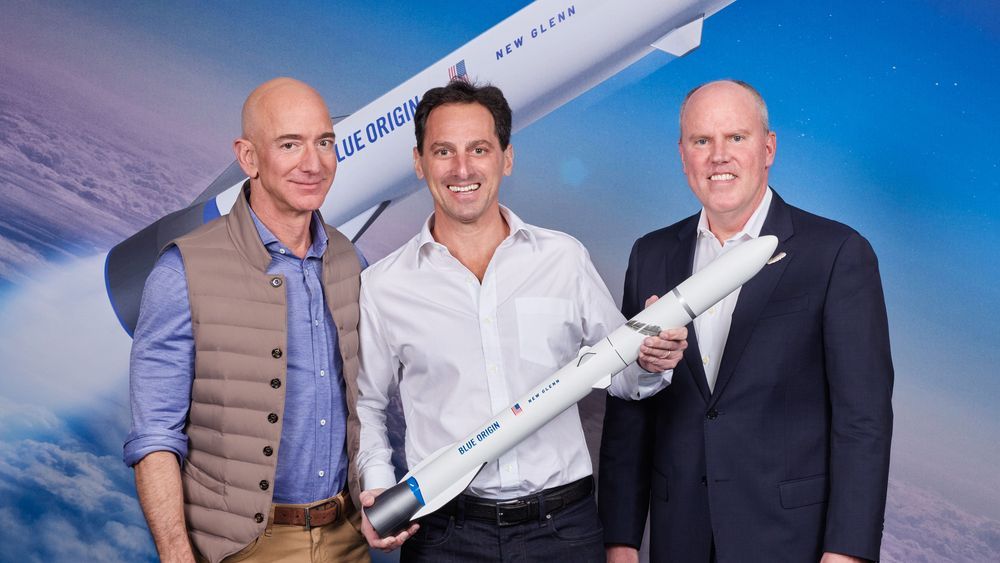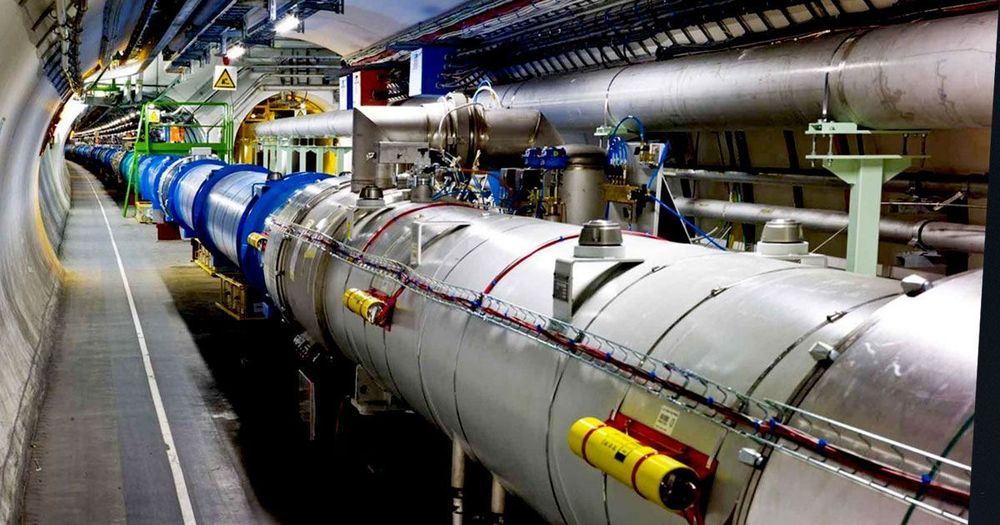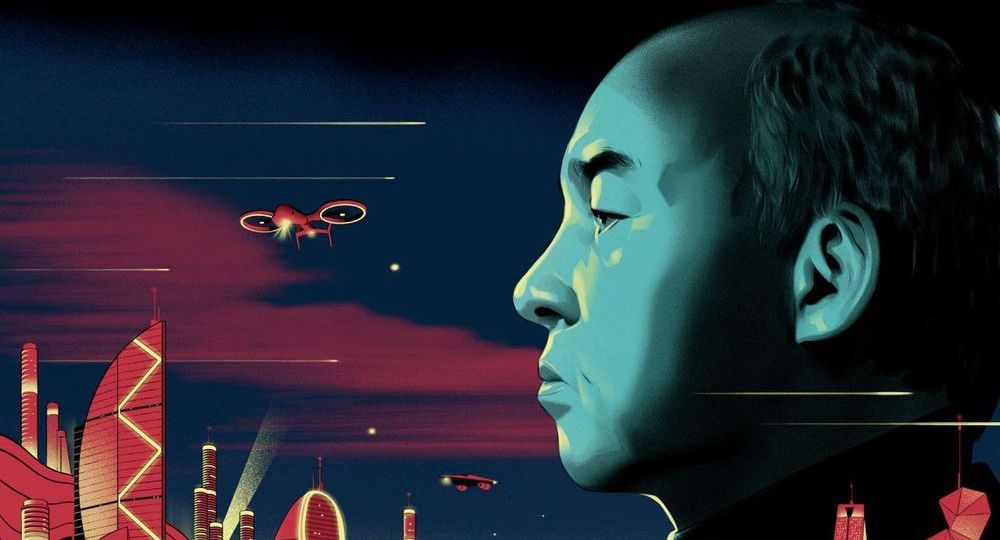Researchers this week announced they had developed an automatic text generator using artificial intelligence which is very good—so good, it is keeping details private for now.
That software developed by OpenAI could be used to generate news stories, product reviews and other kinds of writing which may be more realistic than anything developed before by computer.
OpenAI, a research center backed by Tesla’s Elon Musk, Amazon and Microsoft, said the new software “achieves state-of-the-art performance on many language modeling benchmarks,” including summarization and translating.

